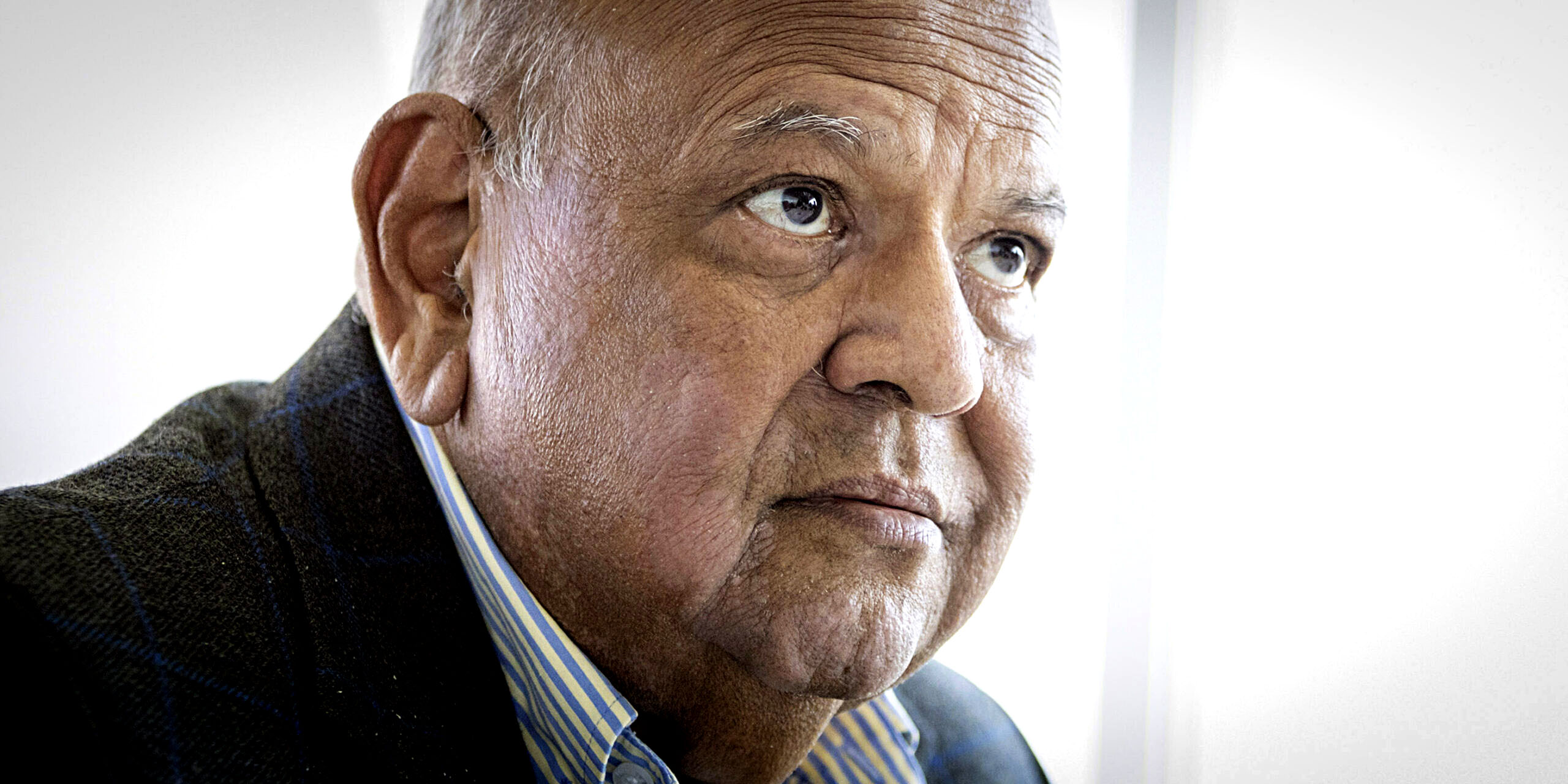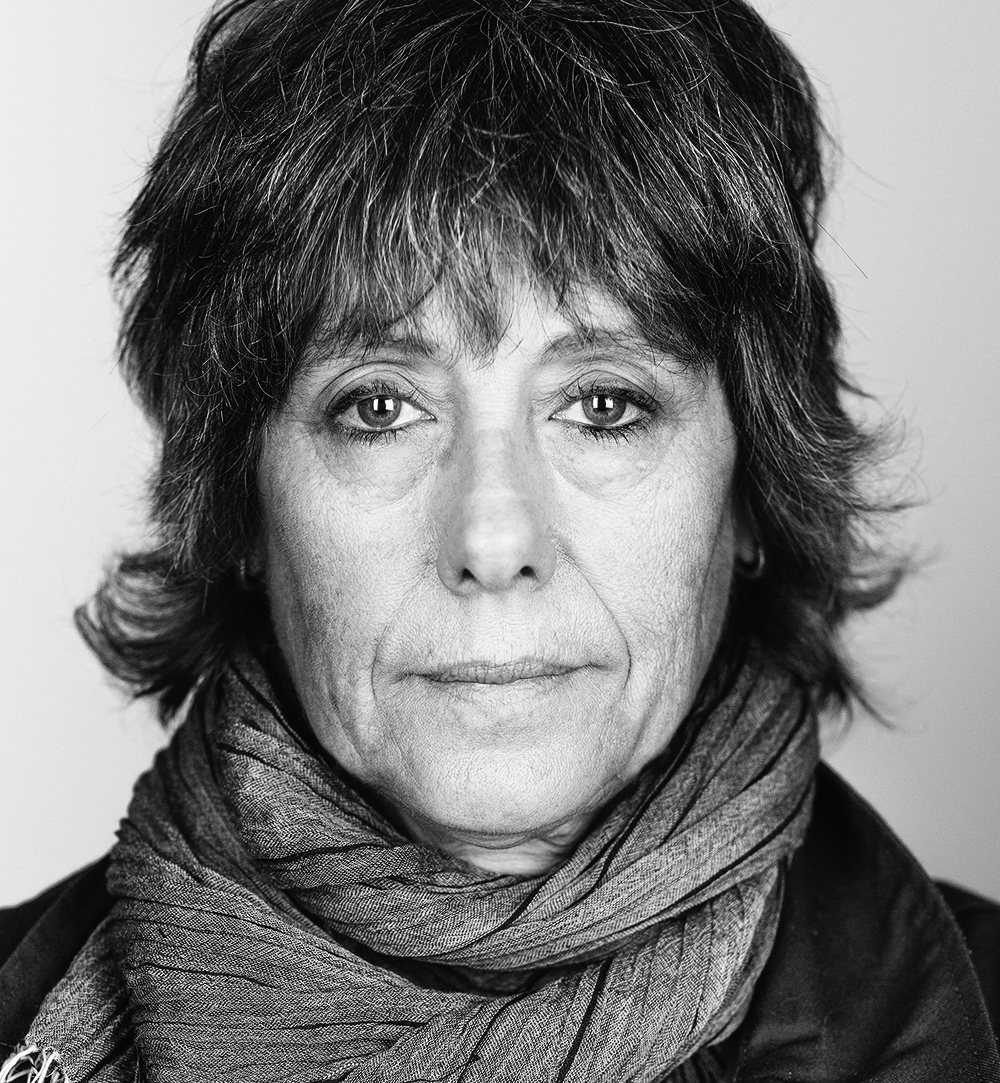It was in KwaZulu-Natal that Pravin Gordhan, a lifelong Charterist — the movement that grew out of the non-racial Congress movements and the adoption of the Freedom Charter in 1955 — alongside other young student activists of the 1970s and 1980s, planned for and established the concept of mass mobilisation in South Africa.
The ANC’s Politico-Military Strategy Commission at its 1979 National Executive Committee meeting at Morogoro in Tanzania adopted the famous “Green Book”, which set out that “unity of action” should be the goal. Gordhan’s input was invaluable. (A recommended reading list is provided below).
And if you thought that Gordhan’s state funeral, held at the Durban International Conference Centre on Thursday, felt like a political rally, a moment for truth-telling and a political compass reset, you would be right.
Gordhan died with his combat boots on.
Dangerous times
 MK party leader Jacob Zuma. (Photo: Gallo Images / Beeld / Deaan Vivier)
MK party leader Jacob Zuma. (Photo: Gallo Images / Beeld / Deaan Vivier)
That Jacob Zuma’s Fong Kong MK is attempting to cover the province in green while gathering toxic political barnacles like former EFF founder Floyd Shivambu, is where we should look now, warned Gordhan.
In his last interview before retiring, Gordhan spoke of “dangerous times” ahead, and that while we might have somewhat righted the Good Ship SA (for now), State Capture sleepers remained embedded in the machine.
The Forces of the Implicated are gathering for a last massive push to stay out of jail at all costs and to disrupt the rule of law and logic.
On the day of Gordhan’s state funeral, Zuma’s fake party was bending reality in the National Assembly, where it now occupies 58 seats, offering a draft resolution by its new MP, former (and implicated) Eskom and Transnet CEO Brian Molefe.
MK, wrote Molefe, “calls upon the government to reject any tariff hikes that disproportionately affect the most vulnerable in our society, and to honour the legacy of President Jacob Zuma, who always fought for the poor and ensured their voices were heard”.
Gordhan’s former MK Operation Vula comrade, the octogenarian Mac Maharaj, reminded mourners and those watching the live broadcast of Gordhan’s funeral that without the media and the “fightback mounted by Pravin and his formidable team at Treasury”, South Africa would have become a “banana republic”.
The corrupt, stated Maharaj, had “hurled everything against PG” and neither the captured Public Protector (now an EFF MP), the SA Revenue Service, SA Police Service, the National Prosecuting Authority as well as the power of the Presidency “to concoct fake intelligence to rubbish a person’s identity” had managed to shake Gordhan.
“He had taken the blows steadfastly, right until the end.”
The foundations of resistance
While Zuma and others were in exile in Swaziland, Mozambique, Tanzania, Angola, the UK and Europe, young activist students like Gordhan began to organise and mobilise inside the country.
He is acknowledged as a master tactician by all he schooled, worked with and fought alongside in the trenches, and as a principal in many positions and ministries in democratic South Africa.
As a young activist, Gordhan found material for the famous “Green Book” in Vietnamese struggle history.
His former comrade Abba Omar, now director of operations at the Mapungubwe Institute, wrote in a tribute after Gordhan’s death on 13 September that he had always placed an emphasis “on the relationship between concrete action and communications.
“One of the earliest tracts he shared with me was a copy of an article by Lê Duẩn (April 7, 1907-July 10, 1986) a Vietnamese communist politician. One of his memorable lines was ‘the revolutionary method is to apply an offensive strategy and know how to win step by step’.”
Lê Duẩn, wrote Omar, distinguished between the more strategic “political slogan” with “action slogans”, which would be used to mobilise communities on immediate issues.
The author poignantly highlighted that this “cross-sector, cross-generation, cross-class mobilisation celebrated its pinnacle when the process towards a democratic SA was firmly laid with the unbanning of various organisations, the release of leaders and the return of the exiled, the holding of the 1994 elections and 1996 adoption of the democratic Constitution”.
The Save South Africa and #Zumamustfall campaigns are a sterling example of Gordhan’s capacity to mobilise in real life.
Man of steel forged in fire
Maharaj on Thursday told mourners, including a tearful former Chief Justice Raymond Zondo and President Cyril Ramaphosa, that Gordhan “was a man of steel forged in the furnace of struggle against a lawless system whose world was defined by the colour of one’s skin”.
Those who have met with or worked with Gordhan have spoken of his spiritual rootedness. Gordhan was a Marxist, a communist, and therefore not religious, but it was he who brought the notion of the “greater good” to the SA Revenue Service (SARS) when he was its commissioner.
He built it into a formidable engine and was the first to investigate politicians, including Julius Malema’s Ratanang Family Trust. Malema declared Gordhan an enemy from that day forth.
Gordhan watched in horror as Zuma and his allies, including Tom Moyane and various sleepers (now out in the open), began to destroy SARS and weaponise the Directorate for Priority Crime Investigation with men like Berning Ntlemeza at the helm, while the National Prosecuting Authority headed by Shaun Abrahams targeted Gordhan.
It was Gordhan and his colleagues who stood firm against Zuma’s ruinous, illegal nuclear deal with Rosatom and tried to protect the Treasury from a full-on attack by the Gupta family and its enablers inside the government.
It was Gordhan who first “joined the dots”.
Gordhan was banned, detained and tortured during the apartheid years and never lost his resolve. In the freedom he helped usher in he was vilified by the corrupt, many of whom celebrated his death.
Bringing home the facts and the deep history of Gordhan’s service to the Struggle, the SA Communist Party, the ANC and democracy in KZN will hopefully restore true liberators — like Gordhan — to their deserved status as the founding fathers and mothers of a nonracial, democratic South Africa.
We have other weapons to fight back with now: the law and the Constitution. That and Gordhan’s inspirational courage and integrity. DM
Recommended reading: Umkhonto we Sizwe by Thula Simpson, The UDF by Jeremy Seekings and Shades of Difference by Padraig O’Malley.




 MK party leader Jacob Zuma. (Photo: Gallo Images / Beeld / Deaan Vivier)
MK party leader Jacob Zuma. (Photo: Gallo Images / Beeld / Deaan Vivier) 